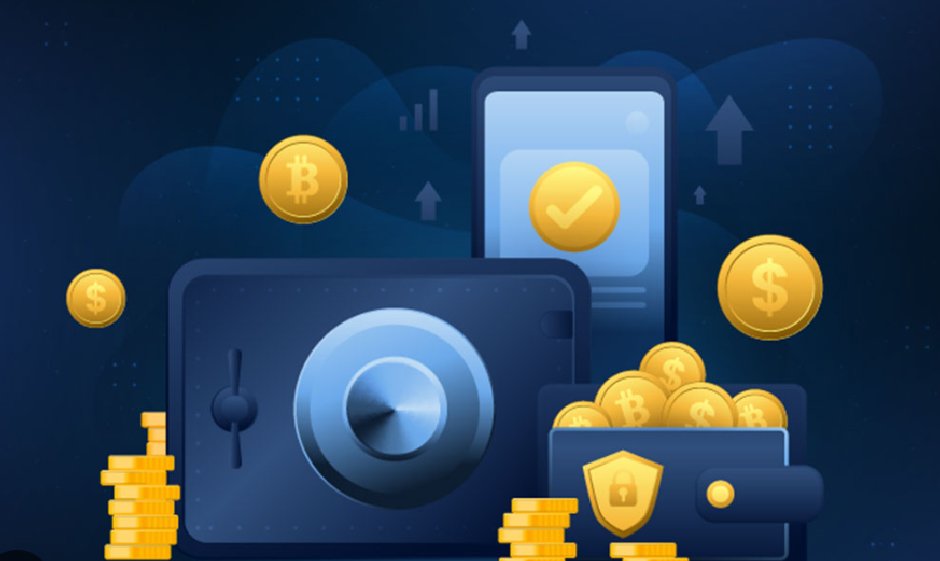Cryptocurrency is a revolutionary force within the financial landscape, presenting a decentralized alternative to conventional currencies. Understanding its basics is paramount for beginners looking to grasp the fundamentals of this digital phenomenon. Here are the basics of cryptocurrency for beginners to help unravel the mysteries of these digital assets.
What is Cryptocurrency?
At its core, cryptocurrencies are digital or virtual currencies that utilize cryptography for security. Unlike traditional currencies governments issue, cryptocurrencies operate on decentralized networks based on blockchain technology. This decentralized nature means that cryptocurrencies are not controlled by any single authority, such as a central bank, making them immune to government interference or manipulation. Understanding this decentralized aspect is crucial for appreciating the unique advantages and potential drawbacks of cryptocurrencies compared to fiat currencies.
How Does Cryptocurrency Work?
Cryptocurrencies operate utilizing a technology known as blockchain, functioning as a decentralized ledger to document all transactions occurring across a network of interconnected computers. Network participants, known as miners, verify each transaction and use powerful computers to solve complex mathematical puzzles. After verification, transactions become part of a block and are connected to preceding blocks, creating a continuous sequence of transactions known as the blockchain. This transparent and tamper-resistant system ensures the integrity and security of transactions, providing users with trust in the validity of the digital currency’s transfer.
Types of Cryptocurrencies
While Bitcoin may be the most well-known digital asset, thousands of others exist, each with unique features and purposes. Some popular cryptocurrencies include Ethereum, Ripple, Litecoin, and Cardano. These cryptocurrencies vary in their underlying technology, use cases, and market value. Before investing or trading, beginners need to research and understand the characteristics of different cryptocurrencies. Exploring the diverse ecosystem of cryptocurrencies enables individuals to appreciate the innovation and potential applications beyond the pioneering Bitcoin.
How to Acquire Cryptocurrency
Several methods exist to acquire these digital assets, including buying from online exchanges, accepting it as payment for goods or services, or mining it through computational power. Online exchanges provide a platform for users to buy, sell, and trade various cryptocurrencies using traditional fiat currencies or other digital assets. Beginners must choose reputable exchanges with robust security measures to safeguard their investments. Furthermore, delving into alternative avenues like engaging in peer-to-peer trading or participating in initial coin offerings (ICOs) can offer individuals increased flexibility when obtaining these digital assets.
Storing and Securing cryptocurrency
Once acquired, it must be stored securely to prevent unauthorized access or theft. Digital asset wallets serve as digital storage solutions for storing and managing your holdings. Different types of wallets are available, including hardware, software, and paper wallets, each offering varying levels of security and convenience. Beginners should research a wallet that best suits their needs and preferences. Furthermore, implementing additional security measures such as multi-factor authentication and regular backups can enhance the protection of assets against potential threats.
As digital assets continue gaining mainstream adoption, understanding their basics is essential for beginners navigating this exciting and dynamic market. By grasping the fundamental concepts of cryptocurrency for beginners, such as its decentralized nature, underlying technology, types, acquisition methods, and storage solutions, newcomers can embark on their journey with confidence and clarity. With proper knowledge and diligence, anyone can harness the potential of these digital assets to diversify their investment portfolio and participate in the future of finance.






